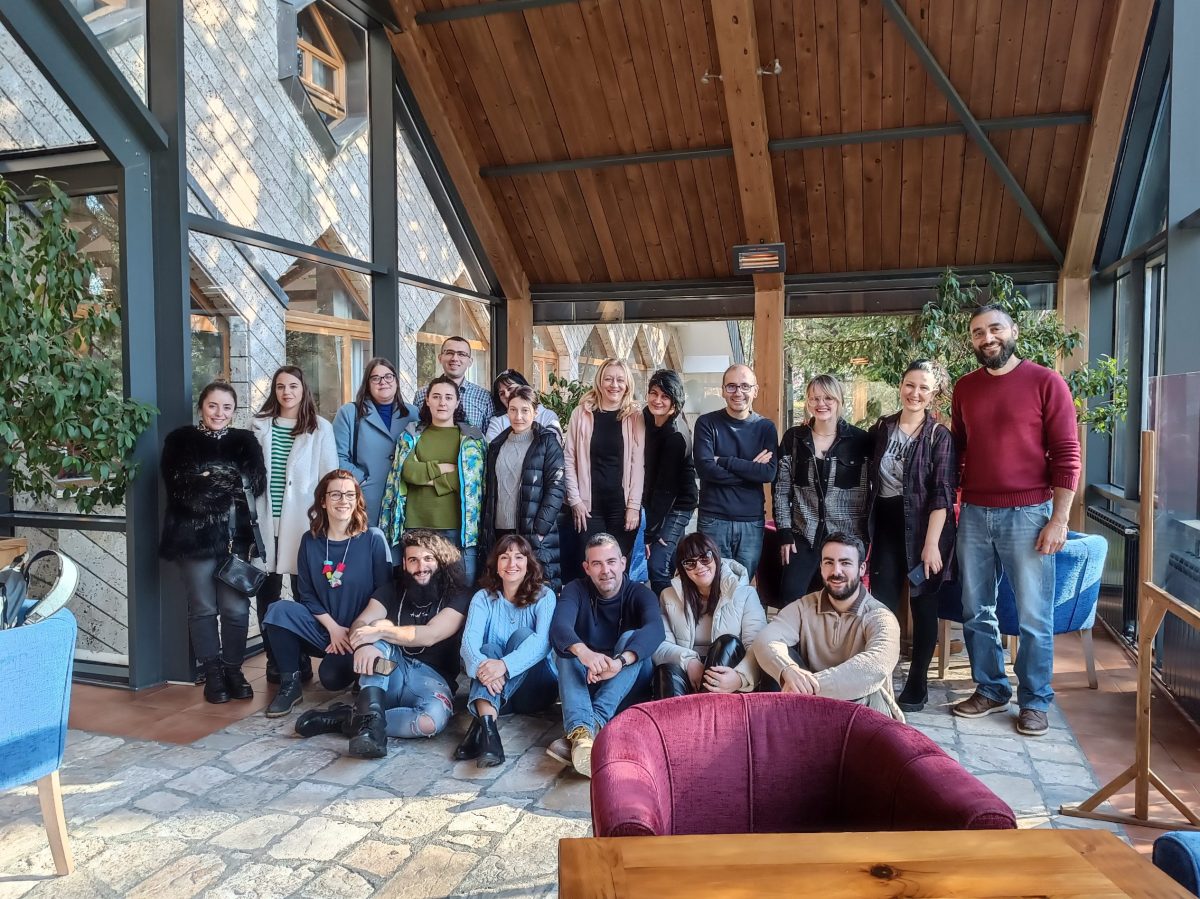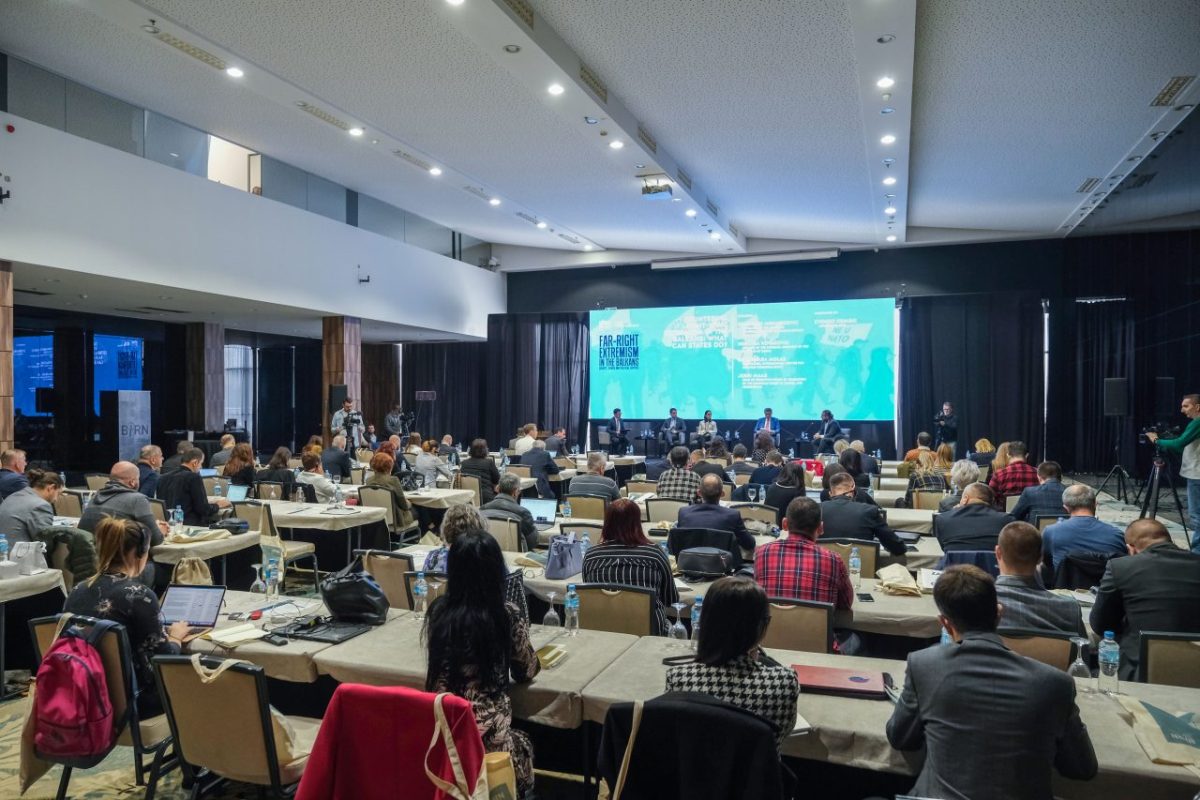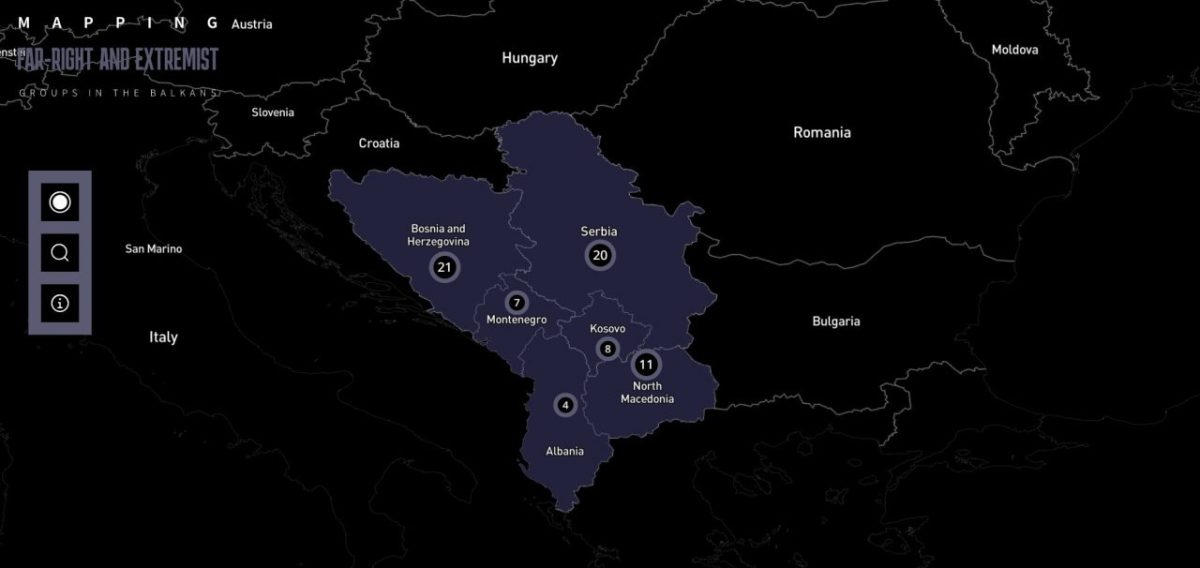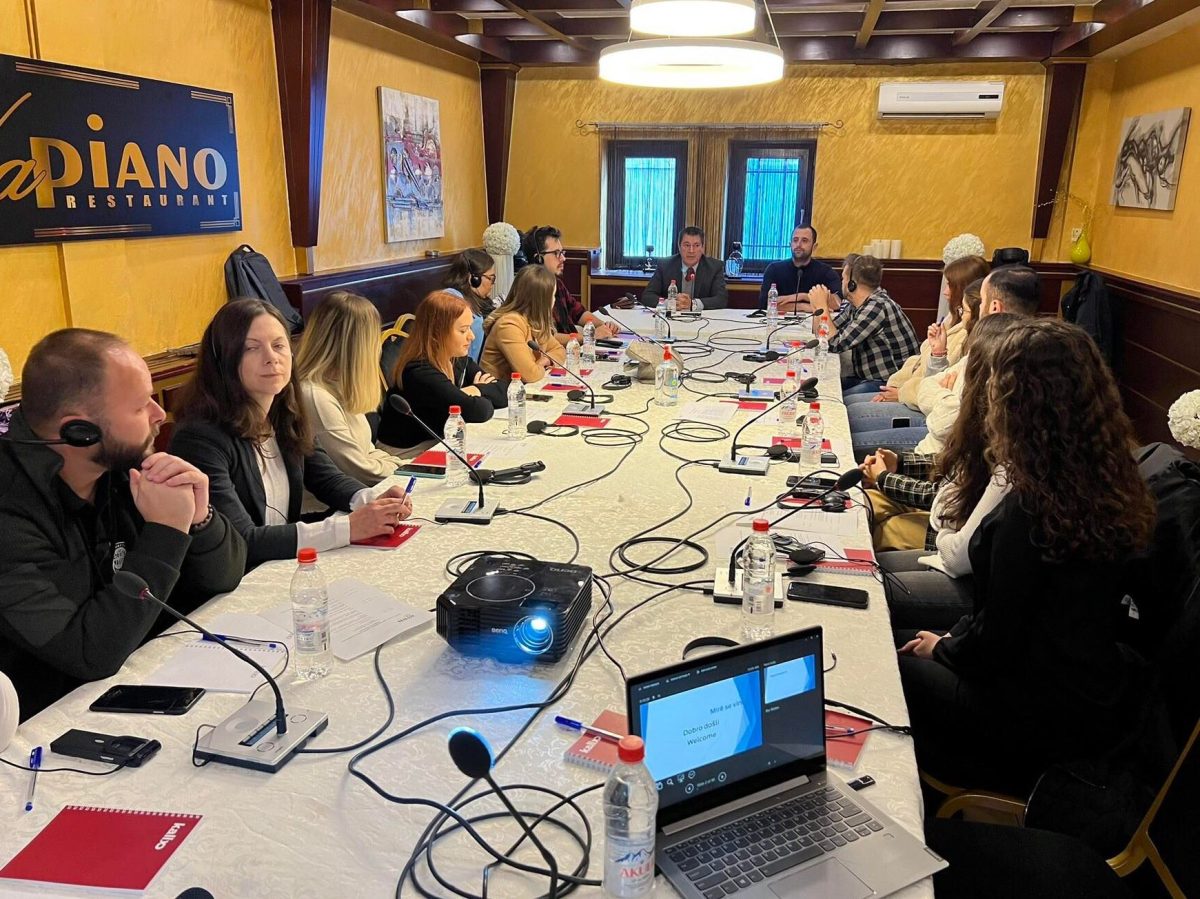Fjori Sinoruka, 29, has been working for BIRN’s flagship Balkan Insight for the last two years as our correspondent from Albania.
Based in Tirana, she studied journalism and always wanted to be in the media. For her, journalism is connected with two important words: democracy and responsibility.
Her favourite topics to report on are public security, human rights, corruption, cybersecurity and cyber-defence. In the last few months, she has been closely following the big cyber-attack on the Albanian government and the data leaks that have followed.
Let’s meet her:
- Why did you decide to become a journalist?
I’ve wanted to be a journalist since I was a kid, without really knowing exactly what it was. Growing up, I never gave up on this idea. My first years after graduation were very hard because I wasn’t really finding myself and wasn’t ready to compromise to fit in. Back then, everyone was working on the digital media and all that was required was copy and paste. So, I and a colleague created a small media NGO and started reporting about human rights and environment.
- Do you have a favourite journalism quote?
I do not have a concrete quote on my mind, but when I think about journalism, I connect it with responsibility and democracy. When I say “responsibility” I mean that each journalist should feel that when they are doing their job, especially in times when so much fake news and disinformation is spread. And democracy, because there is no democracy without free media.
- What do you like most in your job, and what is the most challenging thing?
What I most like about my job is that it doesn’t feel like a job. It doesn’t feel like I have to do it. I also like talking with people, hearing their stories. While working on certain articles for Balkan Transitional Justice, with victims of communism, it was important to educate myself not to re-traumatize people while asking questions or asking them to tell their stories and experiences under communism. It’s very rewarding when you see that you have succeeded in building a trusting relationship with people.
There is always something new to learn.
A thing that I would consider challenging is the media environment in the country. It’s frustrating when you cannot get answers or access certain data that you might need it for a story. Still, it is important not to give up.
- What kind of stories do you prefer to work on and why? Which is your favourite story you have written for Balkan Insight so far?
It is very hard to single out one of them because there are several topics I like to work on: public security, human rights, corruption and lately cyber-security and cyber-defence. I also like stories I do about communism, It is very important to keep talking about its consequences, especially in the Albanian context, where there is no closure and the past remains very present. As a correspondent I usually report about every important topic, meaning you have to be at the same time everywhere – and I love it.
- You have been following the big cyber-attack on the Albanian government and the data leaks that have followed. BIRN disclosed that the authorities banned the media from reporting on this. Can you tell us more about this story and its importance?
I think that how this issue is being dealt with in the country tells a lot about it. You have a Prosecution order that bans the media from reporting about the leaks while on the other hand there are other institutions and Prime Minister himself saying that no important data has been compromised or damaged. Why, then, did the Prosecution ban the media from reporting, if no important or sensitive or confidential data is out there?!
On the other hand, we have tried to get answers from institutions for months and haven’t managed to even get a confirmation or a denial about the leaked data.
Nevertheless, we have continued reporting because I believe that it is an issue of public interest. It is a case where the public interest is more important than any banning order.
- What is your advice to aspiring journalists who want to work as correspondents in our region?
Be committed to professional improvement, read a lot and continue reporting, no matter what.










